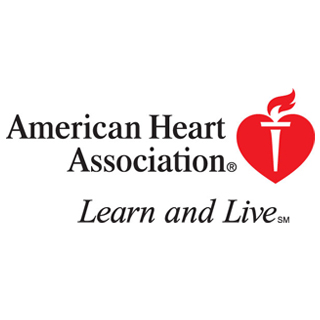
The study included patients, parents and siblings where it was disclosed that family past seemingly turned out to be a greater indicator for heart disease than for stroke. The analysis was undertaken with the aim of understanding the genetic predisposition for heart attack and strokes. The scientists found that the role of genes in blood pressure runs parallel to their role in stroke. This is not the situation for heart attack.
“We found that the association between one of your parents having a heart attack and you having a heart attack was a lot stronger than the association between your parent having a stroke and you having a stroke. That suggests the susceptibility to stroke is less strongly inherited than the susceptibility to heart attack,†explained senior author Peter M. Rothwell, M.D., Ph.D., professor of clinical neurology at Oxford University in England.
All patients participated in the continuing Oxford Vascular Study (OXVASC) that began in 2002 to examine strokes, heart attacks and other severe vascular instances in a region of Oxfordshire Country. It is known that this region allots more than 91,000 people in 1 hospital. Investigators utilized information gathered from 906 patients with acute heart problems and 1,015 patients who experienced severe cerebral incidences.
As per the report, around 30% of them had a single parent who had a heart attack and nearly 21% had a sibling who encountered the latter. Almost 7% had 2 or more siblings who suffered from the aforesaid condition and about 5% of them had two parents who got a heart attack. Among patients with stroke or TIAs (transient ischemic attacks) also known as mini strokes, 21% seemed to have 1 parent who developed stroke while 2% of them had 2 parents with stroke. Around 8% of them had a minimum of 1 sibling with stroke while 1.4% had at least 2 siblings with stroke.
The chances of a sibling facing massive heart issues were on the same lines of those with heart attack or stroke. If both the parents had suffered a heart attack, the likelihood of an acute cardiac instance was six folds higher and rose by 1 and a half fold if one parent faced the condition. Contrarily, the chances of stroke did not reportedly alter with parents’ stroke history.
Scientists are of the opinion that family history models of stroke and heart attack should be separately evaluated. Rothwell concludes that since genes apparently do not contribute to stroke, genetic studies concerning the same would not be crucial for the medical arena.
The study is published in the journal Circulation: Cardiovascular Genetics, an American Heart Association journal.
